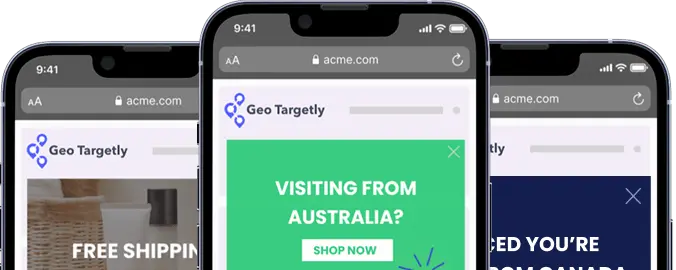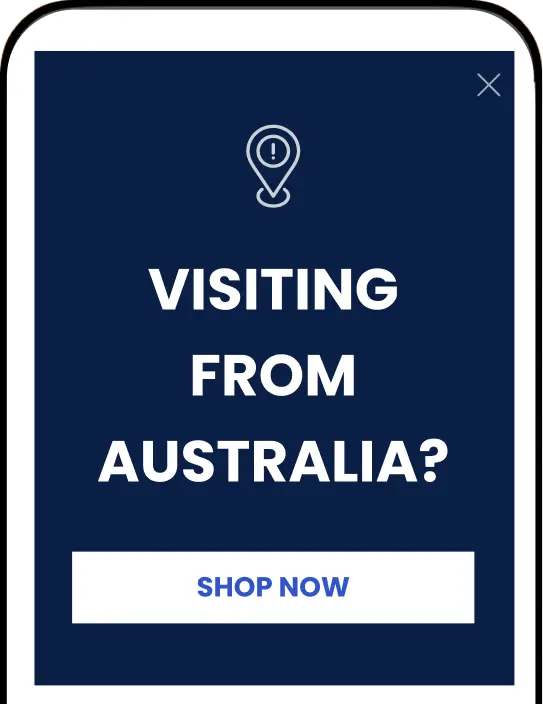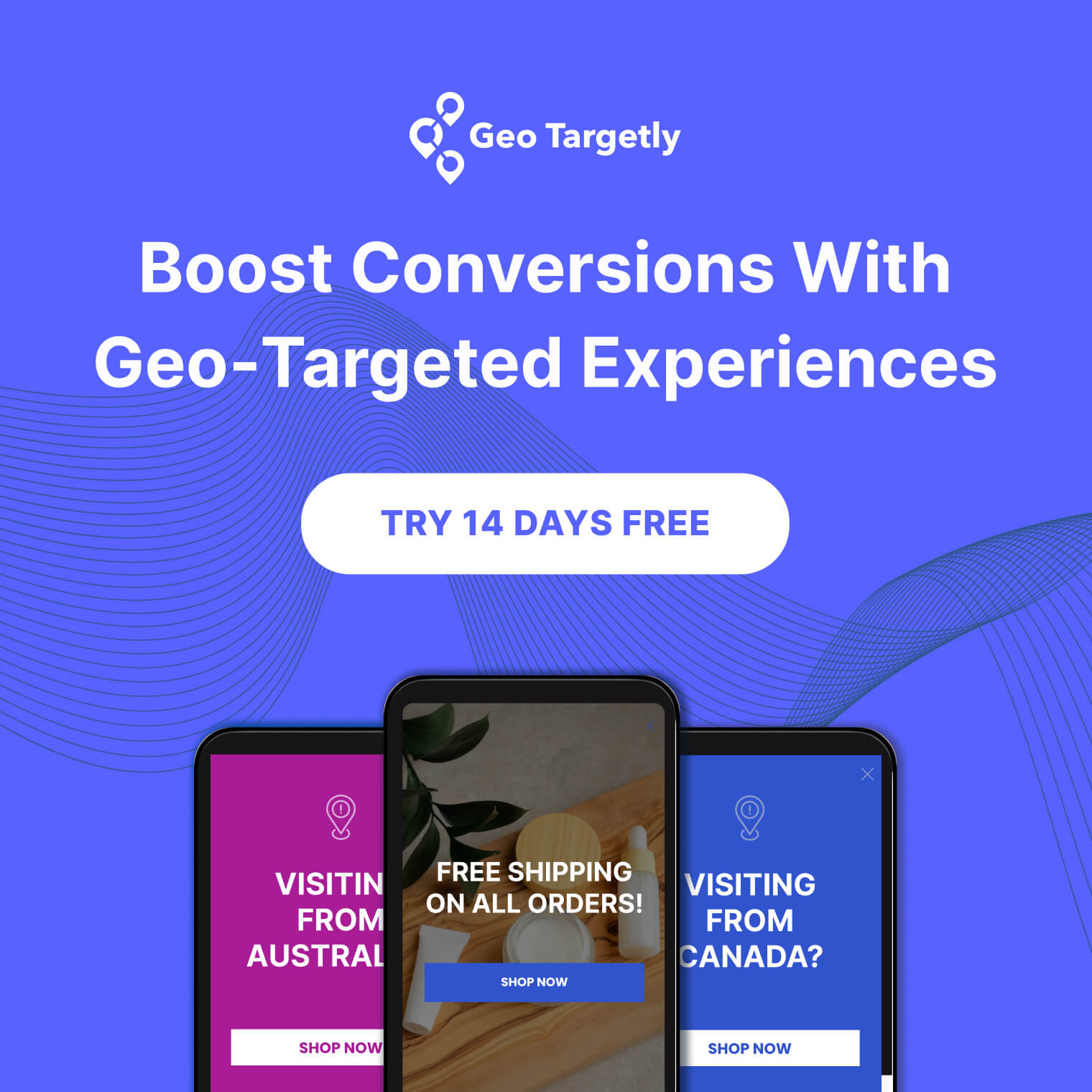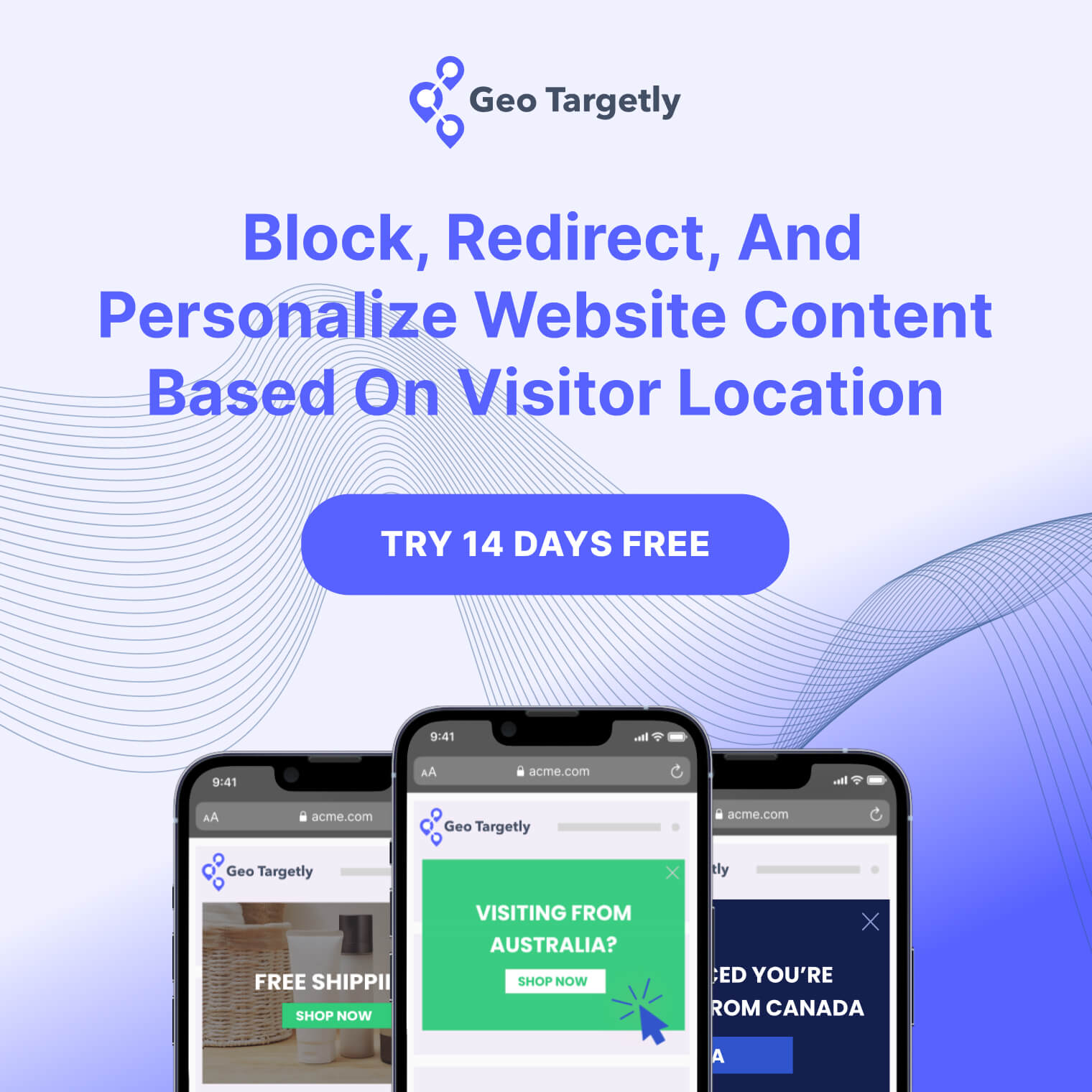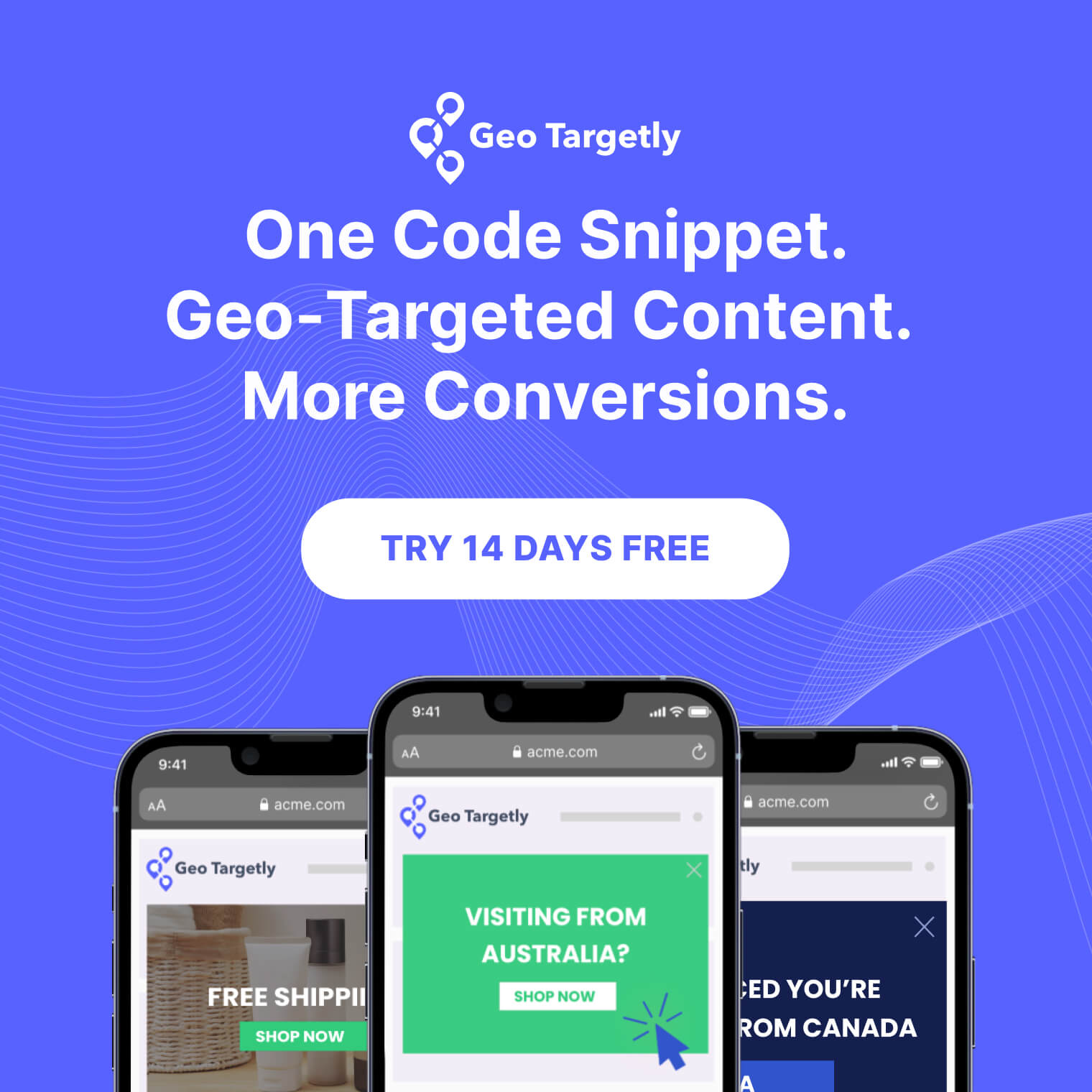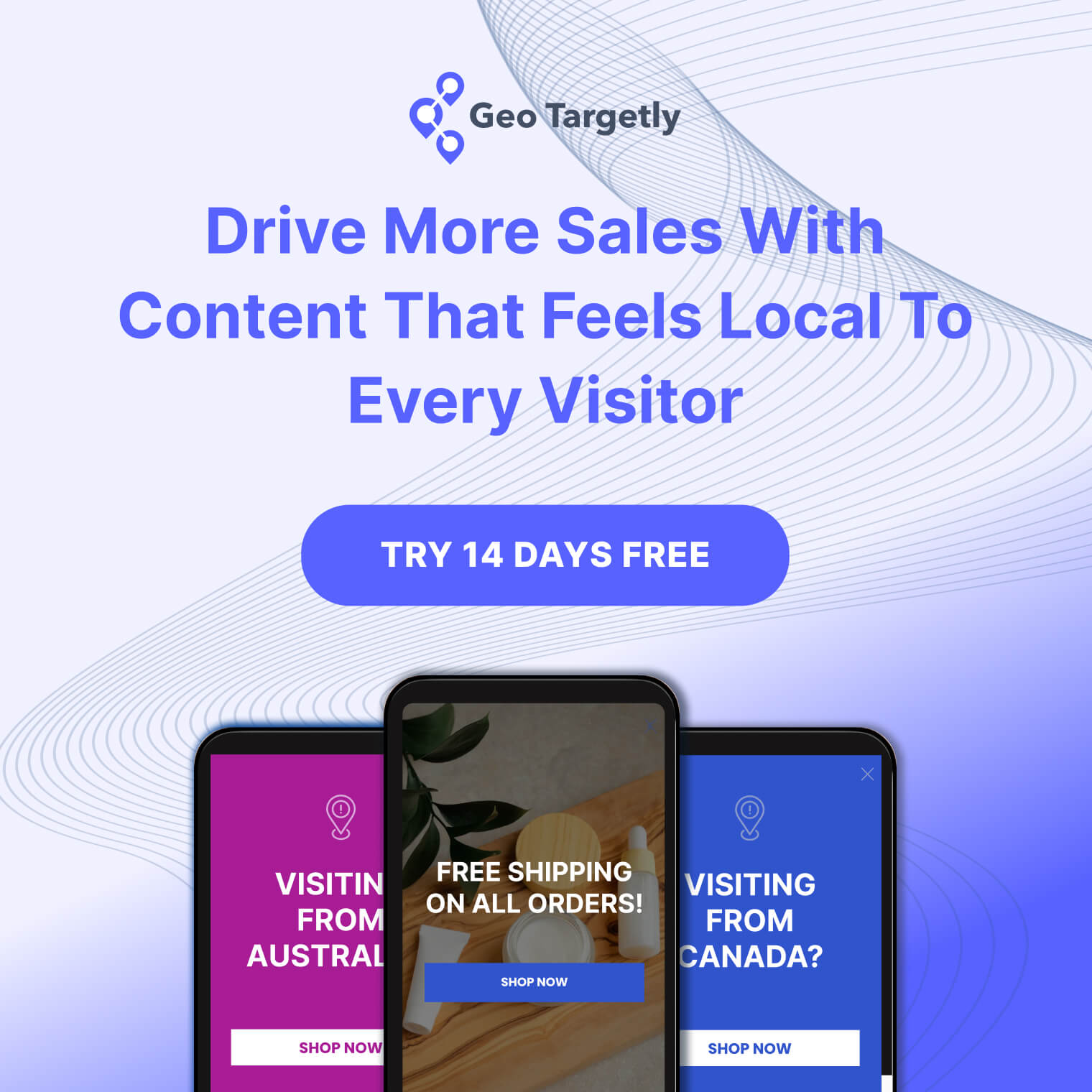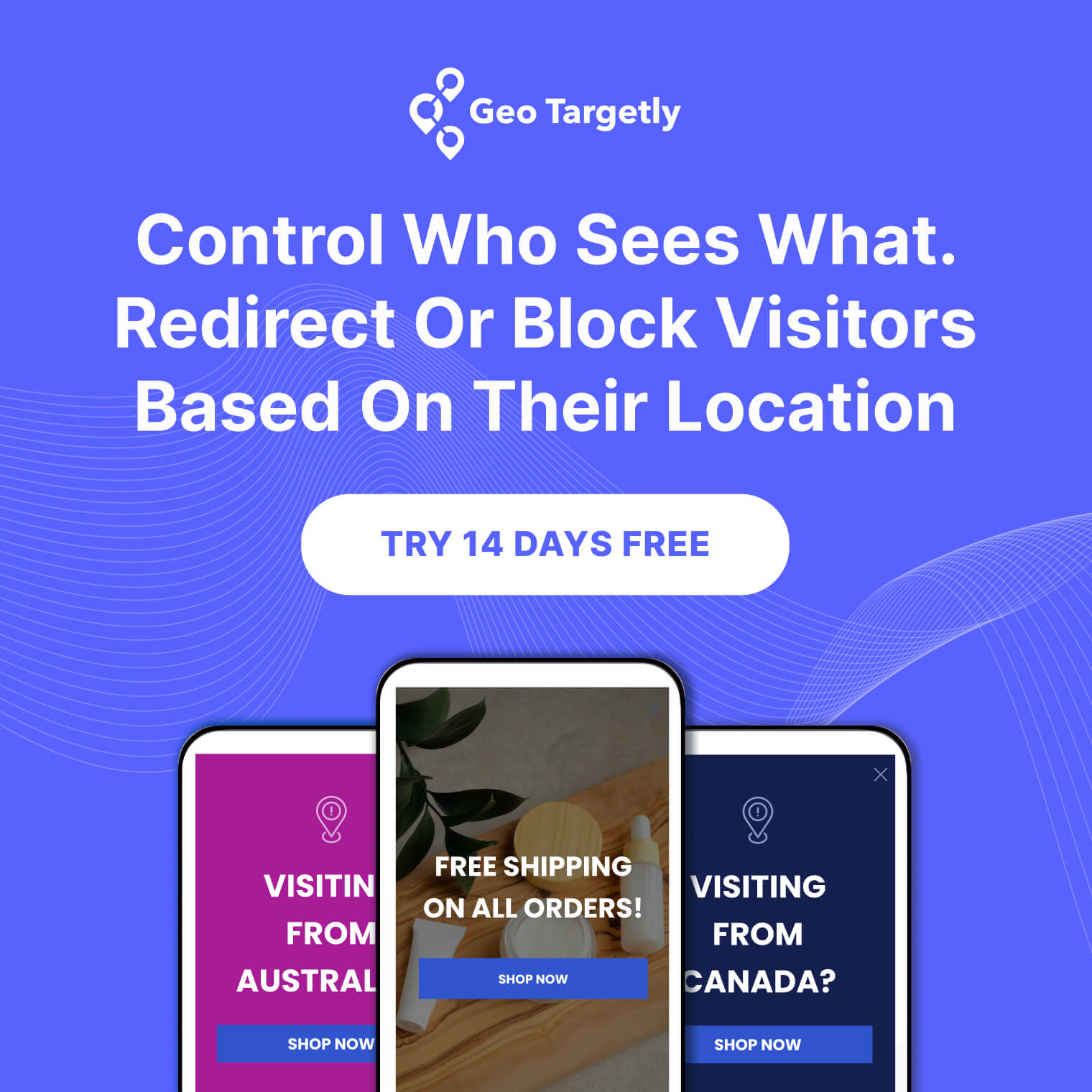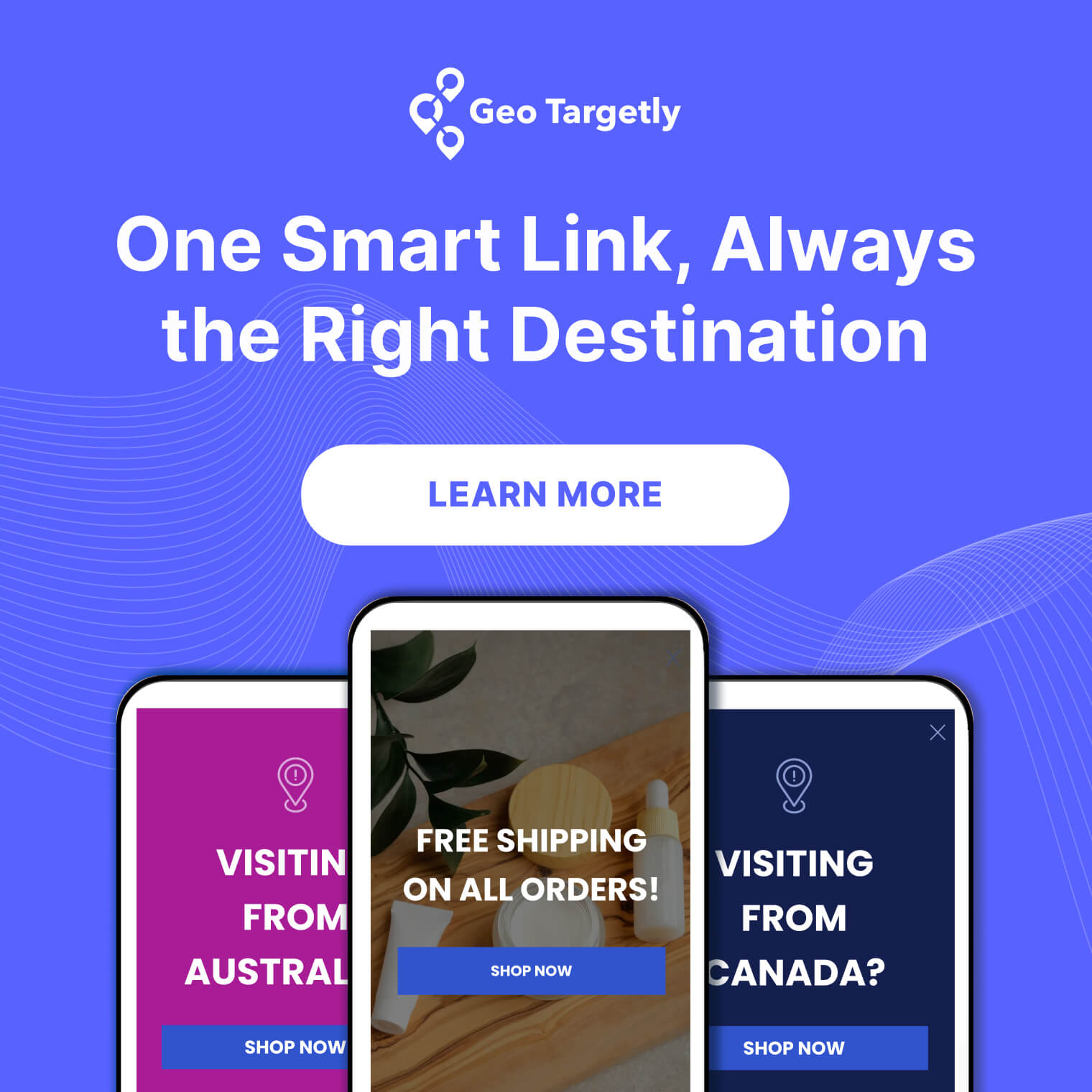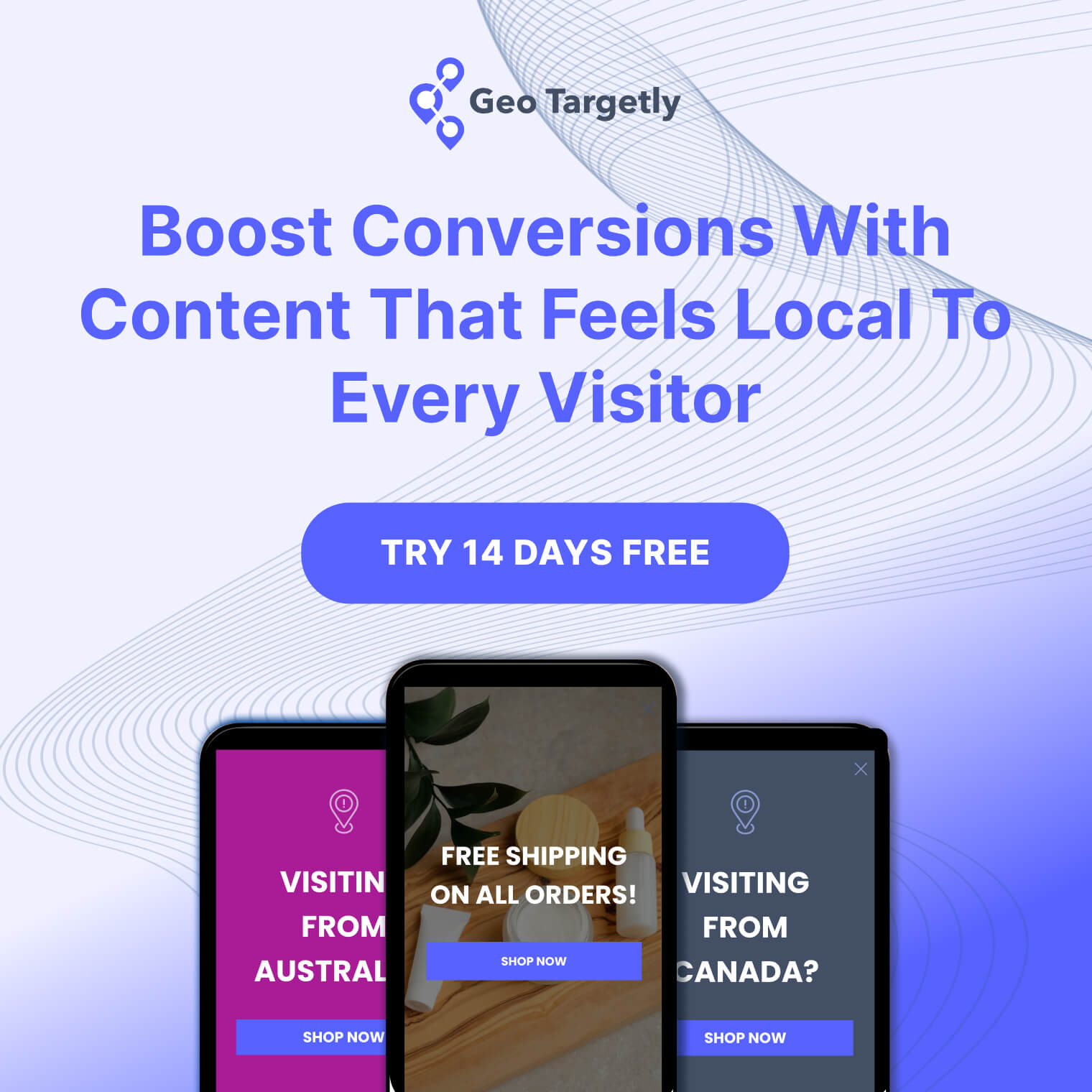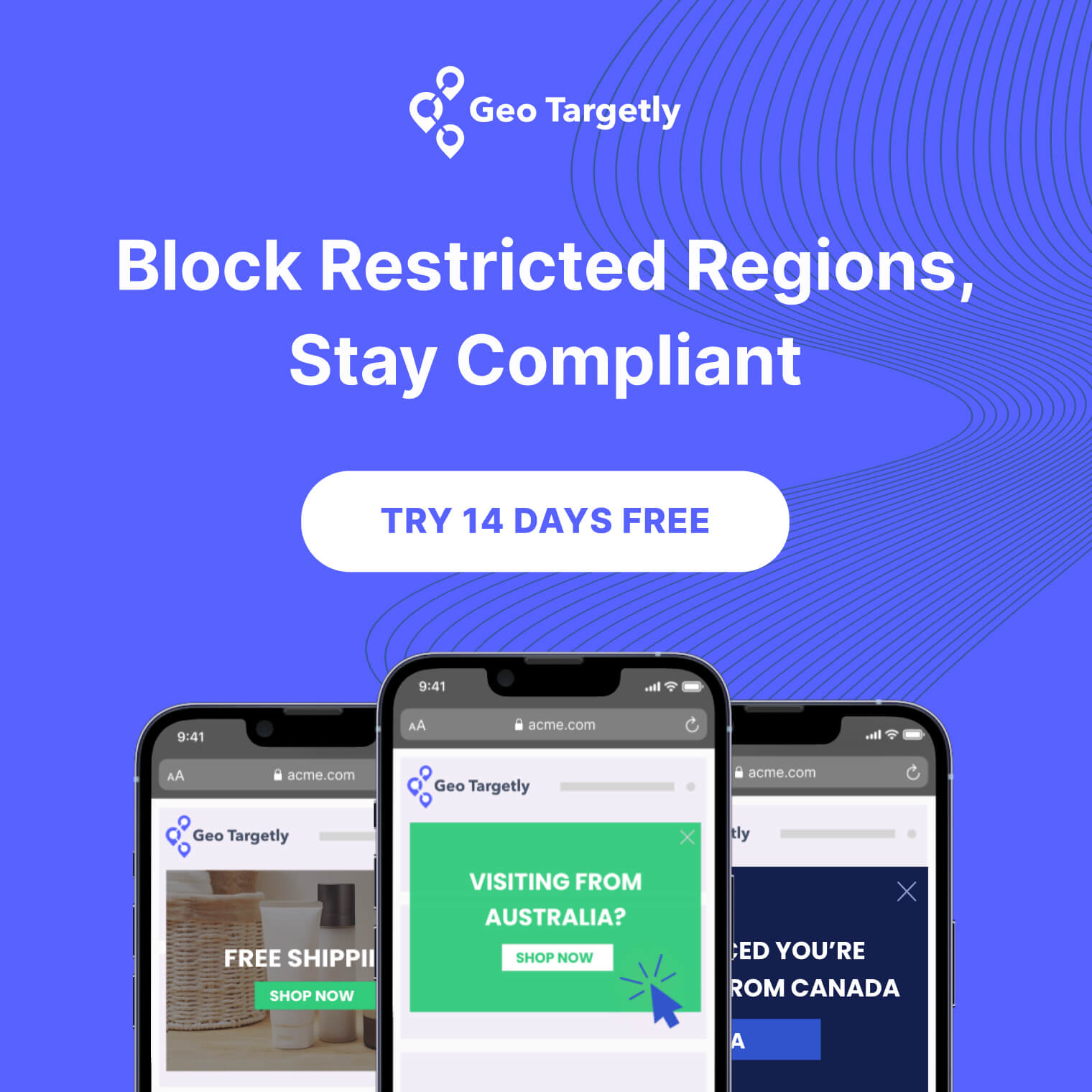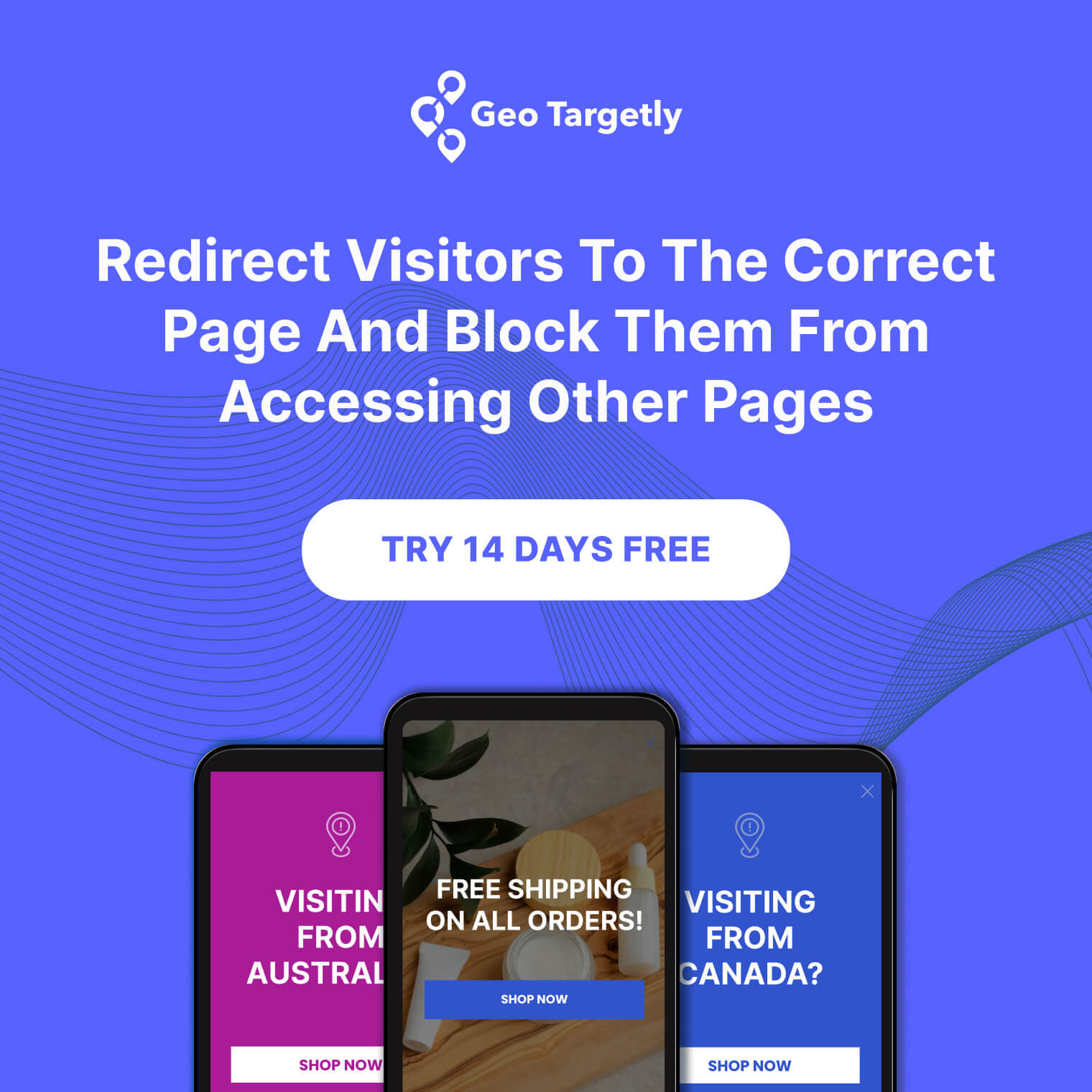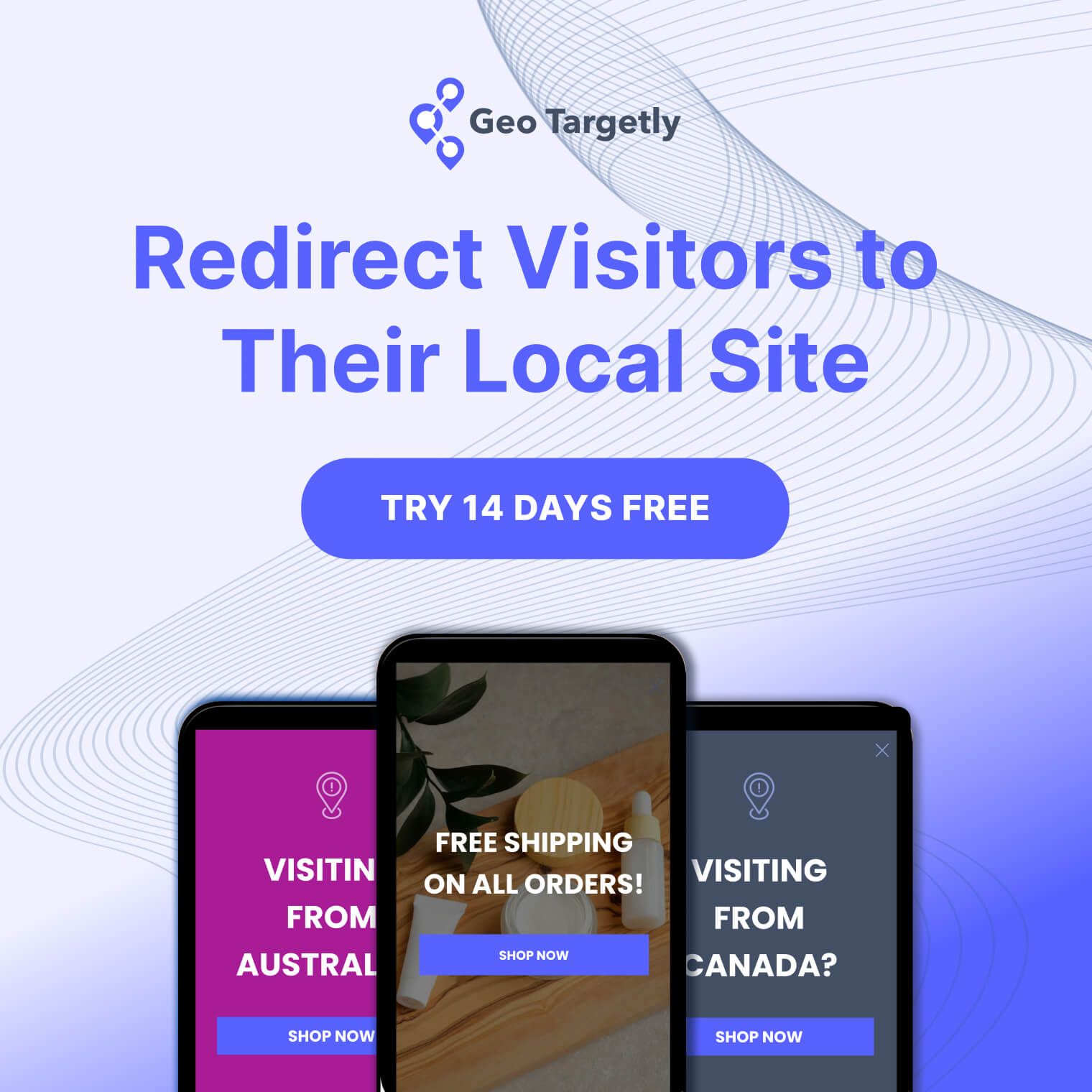

For most modern businesses, location targeting is a strategy they’ve either incorporated into their marketing efforts or one they hope to leverage in the near future.
At a time when 71% of customers want personalised advertisements, these strategies are highly effective at capturing audience attention and improving conversion rates. As we’ve explored in previous posts, they even help you optimise your budget, helping you make better use of your resources for better results.
Nonetheless, most strategies don’t even scratch the surface in terms of how location targeting tools can be used to deliver big wins. In our post, we dive into a few strategies that explore the heart of what these tools can really do!

1. Target customers by household income
Using the wealth of marketing data you’ve likely accumulated, it’s a no-brainer that you can hyperfocus your efforts to individuals most likely to respond to your offers. In this regard, targeting income levels is an especially useful strategy if you specialise in high-end products and services.
Using Google Analytics and sophisticated IP geolocation tools, you can pinpoint specific cities that contain higher percentages of high-income groups and unveil your marketing strategies, including targeted promos, with greater effect.
This model may be specifically useful for lead generation purposes by a range of businesses that deliver products and services that cater to specific needs.
Bonus? It also helps you reduce targeting inefficiencies that wreak havoc on your budget!
2. Target your competitors
If you know exactly who your biggest competitors are, another location strategy worth trying is targeting your competitor's customers.
By setting up geofences or targeting users in specific store locations, you can now target mobile users in competitor stores who are on the look for specific products. With certain studies showing that around 80% of customers use a smartphone inside a store to take a look at product reviews and glance at price comparisons, this kind of strategy can deliver decent results if done well.
Using keywords targeting popular products in your competitor’s inventory (and yours), you can push promotions and advertisements to mobile users the minute they enter your competitor’s store radius. How’s that for a cool magic trick!
3. Get on-board the retargeting trend
If your business is keen on diving deeper into location targeting, one strategy you can consider is retargeting.
By using the data generated by your IP geolocation tools, you can target visitors who’ve visited your site without completing any kind of action. Moreover, you can customise each retargeted ad with location-specific information that makes your content more appealing and more relevant to the interests of each visitor!
Using the data you gather from this process, you’ll be able to understand which groups of visitors are most interested in your offerings and, thereby, where more of your outreach efforts and budget allocation should be directed.
4. Target customer behaviour
When it comes to location targeting, keeping your eye on the prize doesn’t mean ignoring all other factors in favour of geographical location. Here, zooming in on customer behaviour can be highly effective, even if they’re not looking for your products/services directly.
What you need to do is target customers in specific locations who are currently interested in products related to what you have to offer. If you specialise in sportswear, for instance, you could target customers who are currently interested in gym memberships and other fitness-related goods and services.
Using this kind of approach, target your efforts to specific customers in cities, regions or countries that you operate in. Whether this is done through PPC strategies or by targeting certain kinds of stores in your vicinity through push notifications, go beyond what you’re used to for greater results!
Learn more about geographical targeting challenges in our article.
Leverage location targeting to leave an impression (the good kind) on your customers!
While location targeting isn’t a particularly new strategy for results-driven businesses, it’s easy to forget what you can do with these seriously functional tools.
While Adwords, itself, boasts many of the capabilities we’ve discussed in this post, IP geolocation tools - software and plugins that can target users based on their IP addresses - are equally useful in this regard.
For more on the very latest location targeting trends, tools, and strategies, head to our blog today!





.webp)



